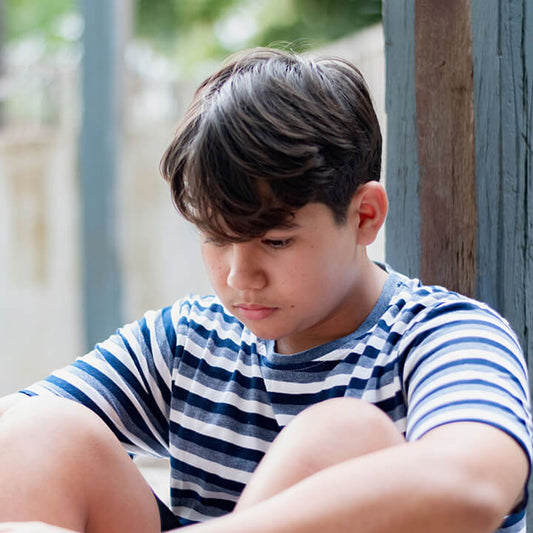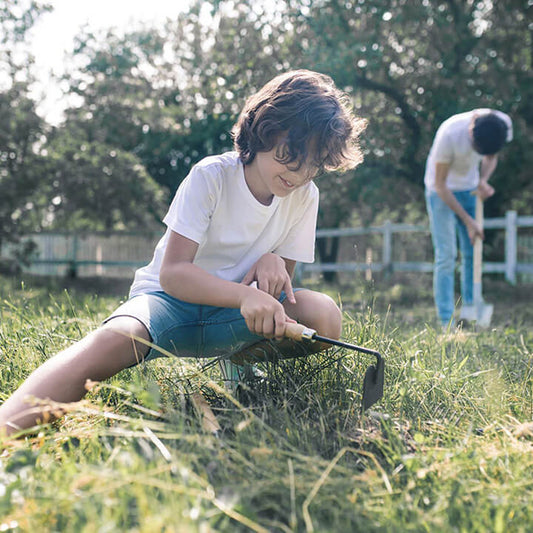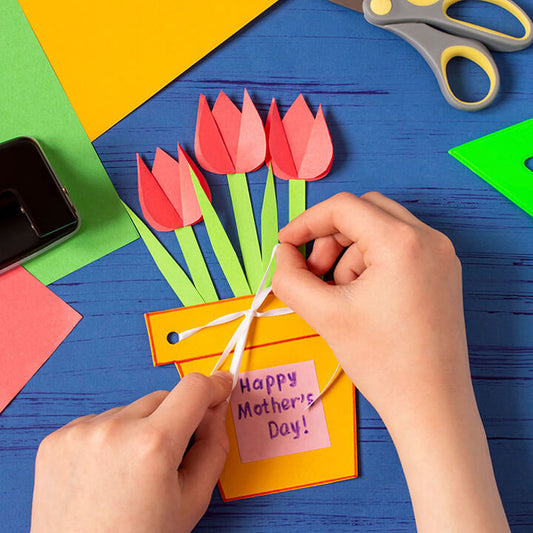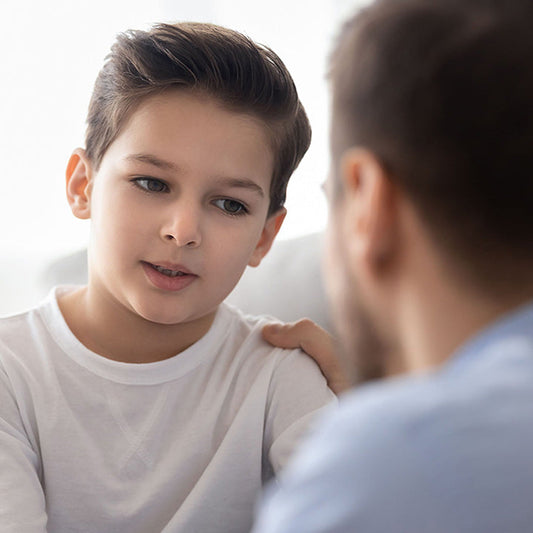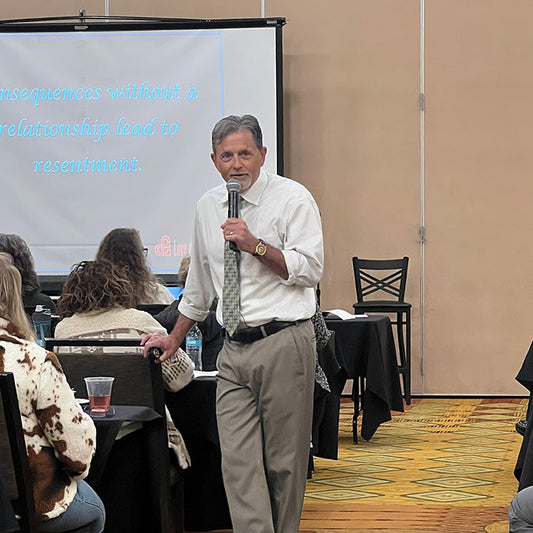Many people believe that to be effective, consequences must immediately follow a child’s misbehavior. This myth is rooted in the fear that the "teachable moment" will be lost if action isn’t taken right away. But this approach can lead to more harm than good.
Insisting on immediate consequences causes unnecessary stress for adults and reduces the effectiveness of the lesson. When we react in the heat of the moment, we're more likely to say or do things we regret—especially when emotions are running high. Worse still, we often can’t think of meaningful or logical consequences in such moments.
Is It Acceptable to Delay Consequences?
Delaying consequences is not only acceptable, it’s often the most loving and effective approach. At Love and Logic, we encourage adults to buy time when emotions or uncertainty cloud good decision-making. This delay serves two essential purposes: it allows the adult to calm down, and it gives time to devise a consequence that is thoughtful and appropriate.
When unsure what to do, consider saying something like:
- “Oh no, this is really sad.”
- “I’m going to have to do something about this later.”
- “We’ll talk after I’ve had time to think.”
These simple statements communicate empathy and accountability while buying you precious time. Later—when cooler heads prevail—you can follow up with a consequence that fits the misbehavior, supports learning, and preserves the relationship.

How Should Consequences Be Delivered?
To be effective, consequences should not be delivered with lectures or anger. Instead, they should:
- Be logically connected to the behavior
- Focus on the poor choices made, not on “bad” kids
- Be delivered only after providing sincere empathy
Delaying consequences also allows children time to reflect. This brief period of uncertainty often triggers natural accountability, as children begin to imagine what might happen next. In essence, it creates mental space for internal learning and self-regulation—key components of long-term responsibility.
What Is the Energy Drain Technique?
One of our most popular resources, Love and Logic Magic When Kids Drain Your Energy, illustrates how to combine this delay with what we call the “Energy Drain” technique. This powerful approach teaches kids that their behavior affects others and helps them make restitution in meaningful, respectful ways.
So, the next time you’re confronted with challenging behavior and your mind goes blank—or your emotions run hot—remember, delaying the consequence isn’t a failure. It’s a sign of wisdom and emotional maturity. It’s Love and Logic in action.
Thanks for reading!


























